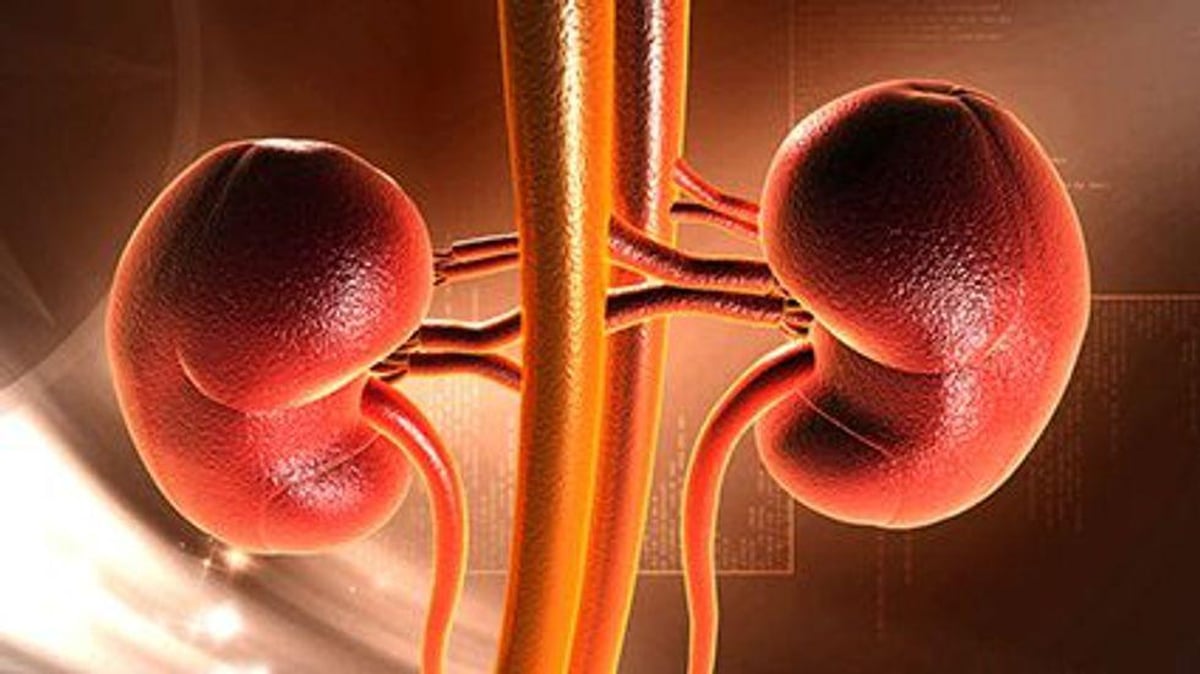New Models Improve ASCVD Risk Prediction in Chronic Kidney Disease

TUESDAY, Feb. 15, 2022 (HealthDay News) -- For patients with chronic kidney disease (CKD), 10-year atherosclerotic cardiovascular disease (ASCVD) risk prediction models, including clinical variables and biomarkers, improve risk prediction compared with traditional Pooled Cohort Equations developed for the general population, according to a study published online Feb. 10 in the Journal of the American Society of Nephrology.
Joshua Bundy, Ph.D., M.P.H., from the Tulane University School of Public Health and Tropical Medicine in New Orleans, and colleagues developed and validated 10-year ASCVD risk prediction models for patients with CKD using data from participants with self-reported cardiovascular disease from the Chronic Renal Insufficiency Cohort Study (CRIC). Models were developed using clinically available variables and novel biomarkers.
The researchers included 2,604 participants in the analyses, 252 of whom had incident ASCVD within 10 years of baseline. A model with coefficients estimated within the CRIC sample had higher discrimination than the American College of Cardiology/American Heart Association Pooled Cohort Equations, achieving an area under the receiver operating characteristic curve (AUC) of 0.736. The AUC was 0.760 for the CRIC model developed using clinically available variables. The AUC was 0.771 for the CRIC biomarker-enriched model, which was significantly higher than that for the clinical model. Both of these models were well calibrated; compared with the Pooled Cohort Equations, both models improved reclassification of nonevents.
"The new tools may better assist health care providers and patients with CKD in shared decision making for the prevention of heart disease," Bundy said in a statement.
Several authors disclosed financial ties to the biopharmaceutical and medical technology industries.
Abstract/Full Text (subscription or payment may be required)
Related Posts
Sleep Disorders Contribute to Cognitive Decline in Multiple Sclerosis
FRIDAY, April 7, 2023 (HealthDay News) -- Sleep disorders may contribute to the...
AHA News: Severe Mental Health Disorders May Increase Risk of Death in Men With Heart Failure
THURSDAY, Sept. 30, 2021 (American Heart Association News) -- Men with heart...
ADHD Drug Adderall in Short Supply
MONDAY, Aug. 29, 2022 (HealthDay News) -- Labor shortages at Teva...
Why Football Players Want a Lower Number on Their Jerseys
THURSDAY, Sept. 7, 2023 (HealthDay News) -- “Vain” isn’t a word normally...
